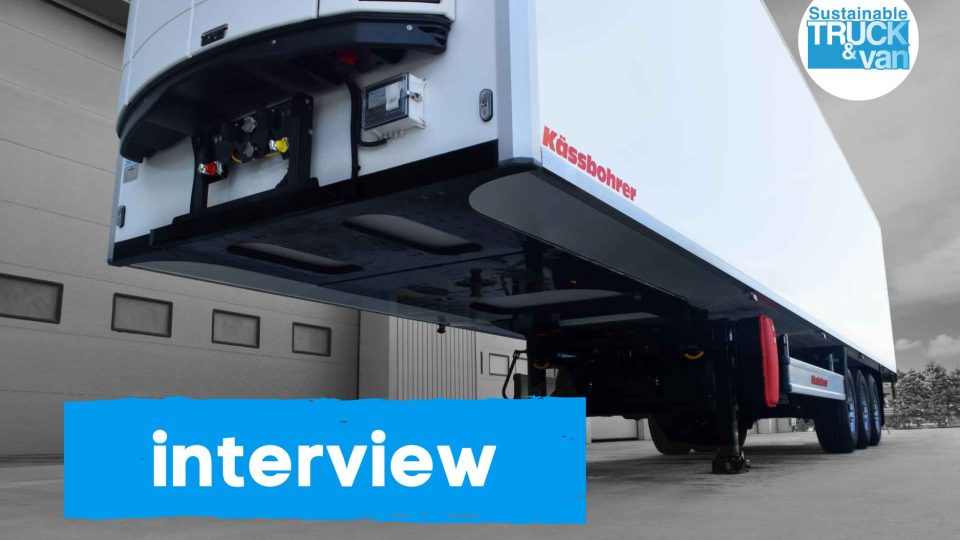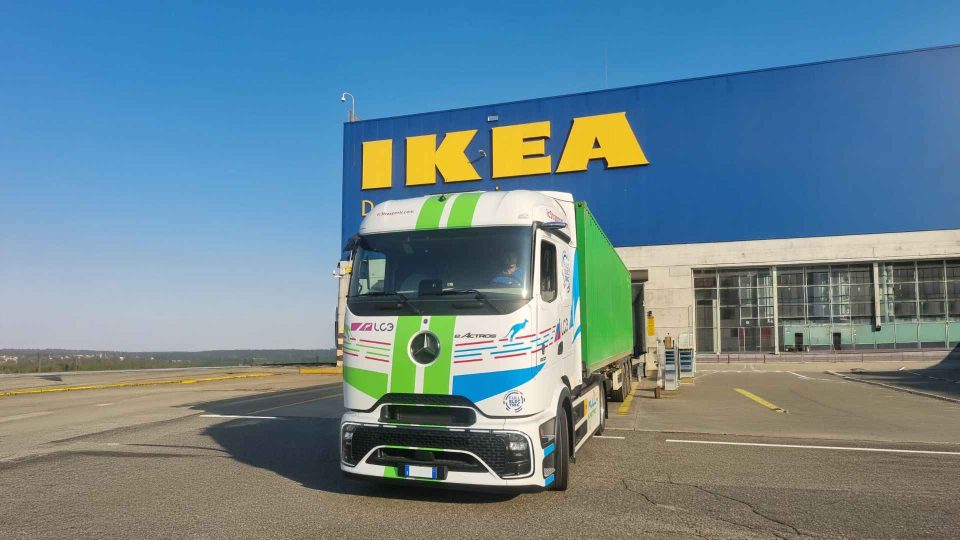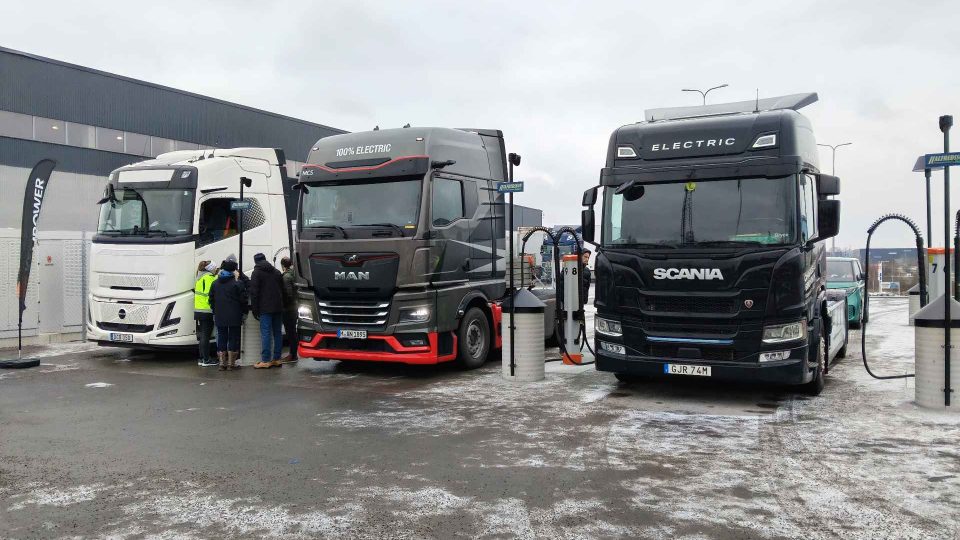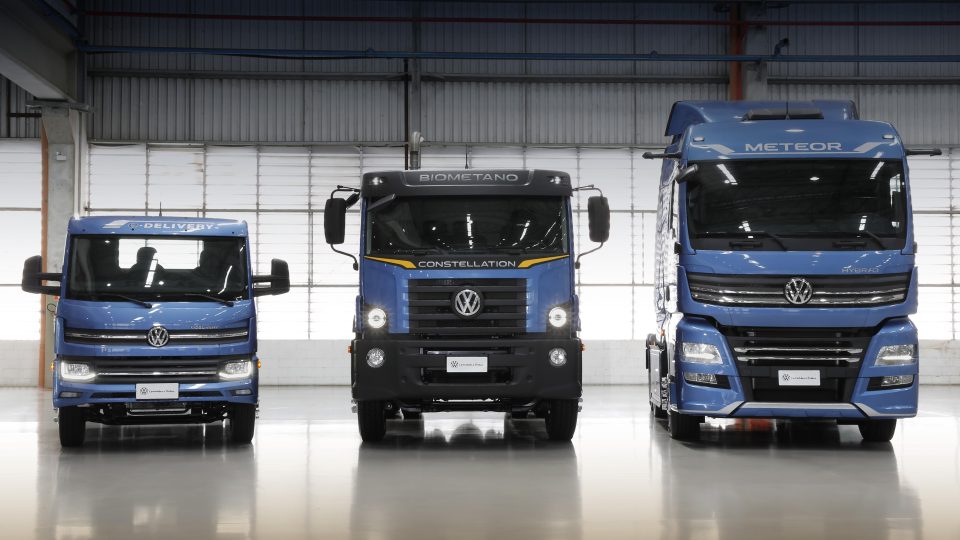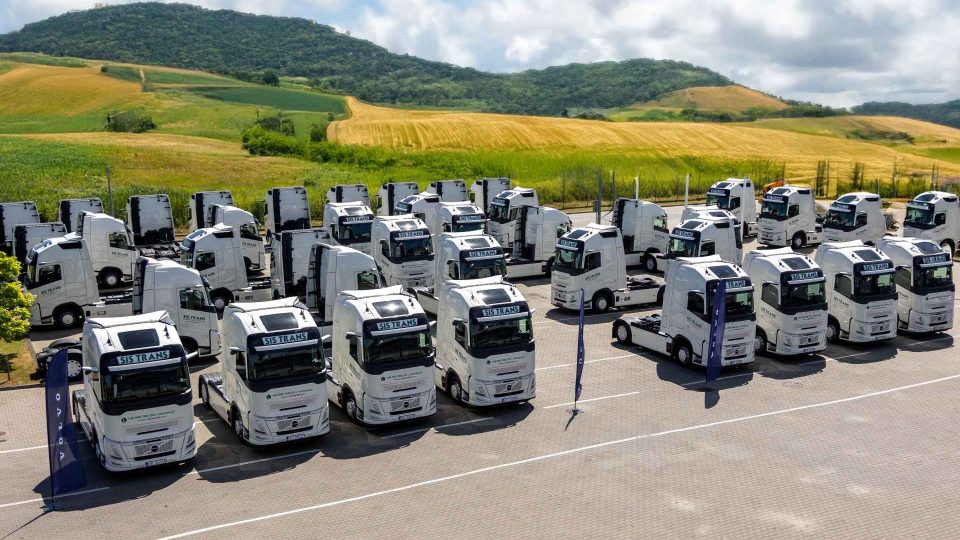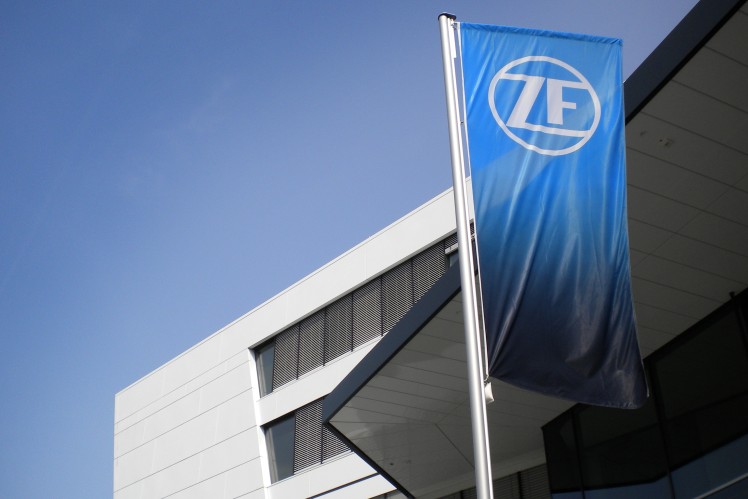Stellantis opens state-of-the-art software and technology center in India
The facility, spread across 50,000 square feet, will serve as the primary development center for STLA SmartCockpit, one of the technology platforms that are key to the company’s digital transformation strategy due to arrive in 2024.
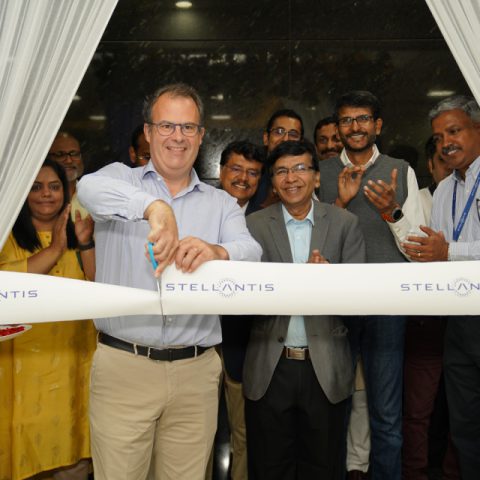
In order to support the Group’s Dare Forward 2030 strategic plan, Stellantis inaugurated new software and technology development center in Bengaluru, India. The facility, spread across 50,000 square feet, will serve as the primary development center for STLA SmartCockpit, one of the technology platforms that are key to the company’s digital transformation strategy due to arrive in 2024 and deployed across the four STLA vehicle platforms. Additionally, the Base Software Development team in Bengaluru will support Base software platforms made with the Classic and Adaptive Autosar frameworks.
The new Stellantis R&D center in India
The Bengaluru office will house state-of-the-art labs, including a next-generation acoustic lab, which is tasked with the development of specific audio signatures as well as premium audio experiences for Stellantis vehicle owners worldwide. Besides, Stellantis has accelerated the hiring process for the new center that will eventually employ approximately 500 people.
“Stellantis is proud to contribute to the age of software-defined vehicles,” said Yves Bonnefont, Stellantis Chief Software Officer. “As a global organization, we are committed to fostering talent across geographies. The Indian tech talent and its innovative startup ecosystem are important to accelerating Stellantis’ transformation to a sustainable mobility tech company. India plays a key role in Stellantis’ digital approach and development.”


